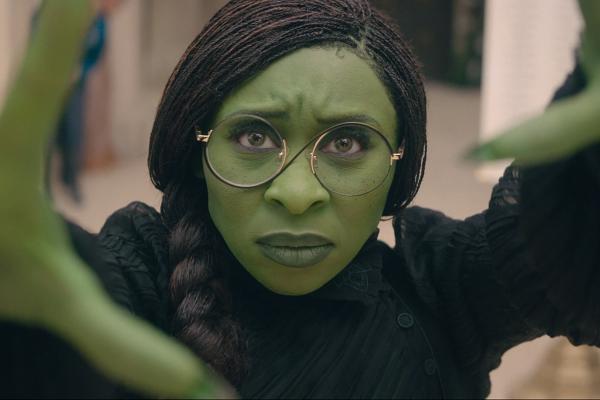Dec 19, 2024
Prophets, by nature of their calling, are not well-liked. They must tell a community or nation what they’re doing wrong. In biblical times, modern times, and Ozian times, people don’t like to be told that they need to change their ways. So when Elphaba is called to disrupt the oppression that many have become complacent with, she is rejected for it.
Read the Full Article

Already a subscriber? Login
